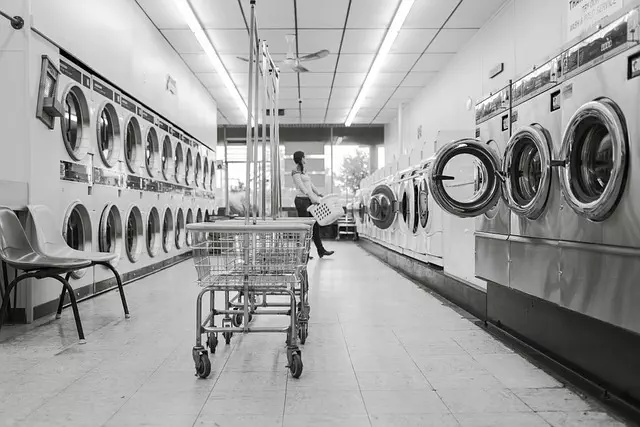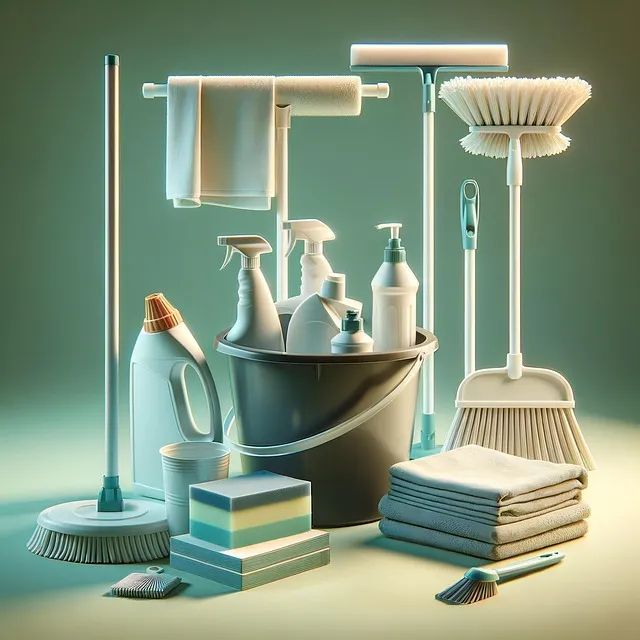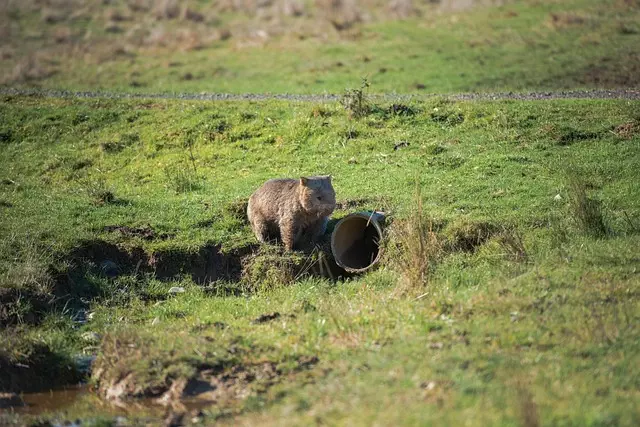Looking for top-notch drain cleaning services? Understanding full-service drain cleaning is the first step towards maintaining a healthy plumbing system. This comprehensive guide delves into every aspect of drain maintenance, from identifying common issues to exploring the benefits of professional intervention.
We’ll break down the process, tools, and types of drainage systems, offering valuable insights for both homeowners and businesses seeking efficient, effective drain cleaning solutions.
Understanding Full-Service Drain Cleaning: A Comprehensive Overview

Full-service drain cleaning involves a comprehensive range of services aimed at maintaining and restoring your home’s plumbing system. It goes beyond basic clearing of clogs; it encompasses inspection, maintenance, and repair of all aspects related to drains. This service includes using advanced equipment to detect blockages, clearing them with powerful tools, and ensuring the complete removal of any obstructions.
It also involves checking for potential issues like pipe damage, corrosion, or leaks that could lead to bigger problems. Professionals offer solutions tailored to different drain types—from kitchen sinks to bathroom drains and main sewer lines—using eco-friendly methods whenever possible. Regular full-service cleaning can prevent costly repairs and ensure your drains operate efficiently, maintaining a hygienic living environment.
The Importance of Regular Drain Maintenance

Regular drain maintenance is a crucial aspect of home and business ownership that often goes overlooked until an issue arises. Clogged drains can cause a range of problems, from minor inconveniences to severe health hazards. Over time, household waste, grease, hair, and other debris accumulate in pipes, leading to blockages that require professional intervention for effective removal.
Preventive measures through regular drain cleaning are key to maintaining a healthy living or working environment. Professional drain cleaners employ specialized equipment and eco-friendly solutions to clear obstructions and prevent future clogs. By scheduling routine maintenance, you can ensure the smooth flow of water in your drains, reduce the risk of pipe damage, and minimize the chances of costly repairs or unpleasant backups.
Types of Drainage Systems and Their Unique Challenges

In urban areas, a common challenge is dealing with complex drain cleaning systems that serve high-density buildings and bustling streets. These systems often consist of a network of pipes, including sewer lines, storm drains, and catch basins, each presenting unique obstacles. For instance, storm drains require specialized equipment to handle heavy debris like leaves, twigs, and even larger objects that can clog these vital urban arteries.
On the other hand, residential areas primarily rely on individual home drainage systems, which introduce different challenges. Clogged sinks, shower drains, or toilets due to grease buildup, hair, or foreign objects are common issues for homeowners. Full-service drain cleaning professionals employ various techniques, such as hydro-jetting and chemical solutions, to navigate these smaller pipes effectively, ensuring smooth water flow and preventing costly damage.
Tools and Equipment Used in Professional Drain Cleaning

Professional drain cleaning involves a range of specialized tools and equipment designed to navigate and clear even the most obstructed drains. These include power snakes or augers, which are flexible metal cables spun at high speed to break up and dislodge clogs. Hydrojetting machines use high-pressure water jets to cut through stubborn buildup and restore drain flow. Additionally, video inspection cameras help identify the source of blockages by transmitting real-time footage down the drain.
Other essential tools include drain cleaning chemicals, such as caustic soda or hydrochloric acid, which can dissolve organic matter and grease. Mechanical grabbers and baskets are also utilized to remove larger debris like rags, food particles, and even small items that might have accidentally fallen down the drain. These tools, combined with years of experience, ensure effective and thorough drain cleaning services.
Step-by-Step Process of Full-Service Drain Cleaning

Full-service drain cleaning involves a meticulous process designed to restore your plumbing system’s optimal functioning. It begins with an initial inspection, where professionals assess the extent of the clog or blockage using advanced video inspection technology. This step is crucial as it determines the most effective cleaning method for your specific situation.
Once identified, specialized equipment is deployed. This might include high-pressure water jets to dislodge stubborn debris, chemical drain cleaners, or manual removal tools. The process follows a systematic approach: first, clearing smaller obstructions like hair or grease, then tackling more complex issues like tree roots or built-up sediment. After the primary cleaning, a thorough flushing with hot water ensures no lingering blockages remain. Regular maintenance and quick response to future issues are emphasized to prevent recurring drain problems.
Benefits of Hiring a Professional for Drain Maintenance

Hiring a professional for regular drain maintenance is an investment that pays off in multiple ways. These experts possess the specialized tools and in-depth knowledge required to navigate complex plumbing systems, ensuring that your drains remain unclogged and in optimal condition. By enlisting their services, you benefit from their expertise in identifying potential issues before they escalate, preventing costly repairs down the line.
Professional drain cleaning also guarantees a thorough and efficient service. Using advanced techniques and high-pressure water jets, they can remove stubborn build-up, grease, and debris that household cleaners often fail to address. This not only restores drainage efficiency but also extends the lifespan of your plumbing fixtures, saving you money in the long run.
Common Issues and How to Prevent Them

Clogged drains are a common household issue, often caused by build-up of grease, hair, and other debris. To prevent these obstructions, regular drain cleaning is essential. Using hot water regularly to flush out any trapped particles can help keep your drains clear. Additionally, installing drain covers or catchers can capture hair and other large items before they enter the drain.
Another prevalent problem is a slow-draining sink or shower due to mineral buildup from hard water. Regular drain cleaning can also address this issue. Using natural acid cleaners or enzyme-based products designed for drain cleaning can effectively dissolve mineral deposits without causing damage. Preventive measures include installing water softeners and regularly maintaining your plumbing system.



